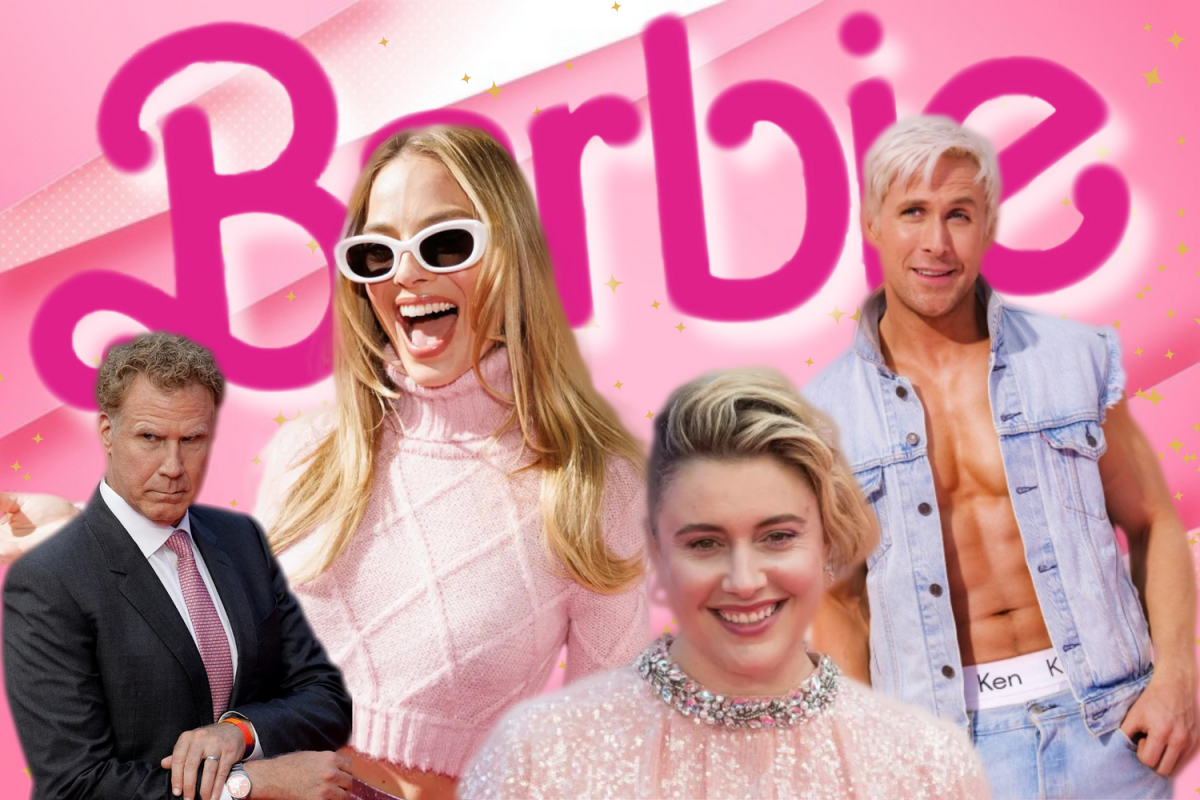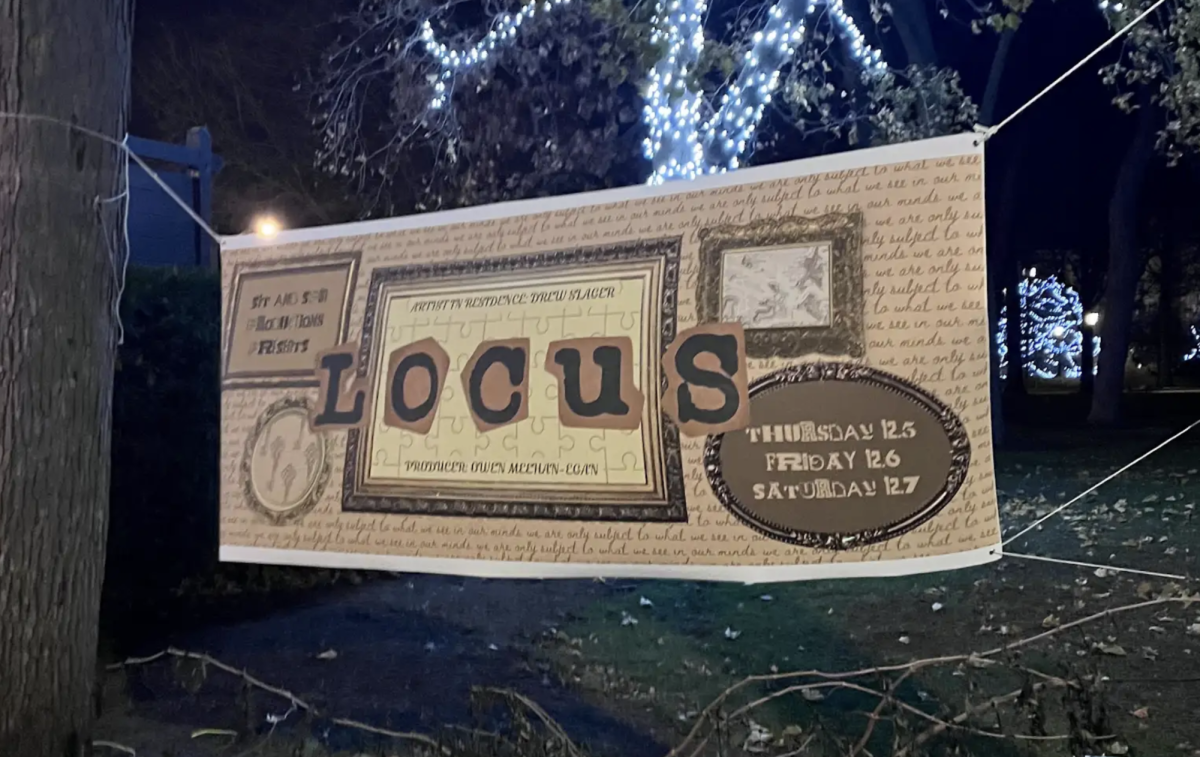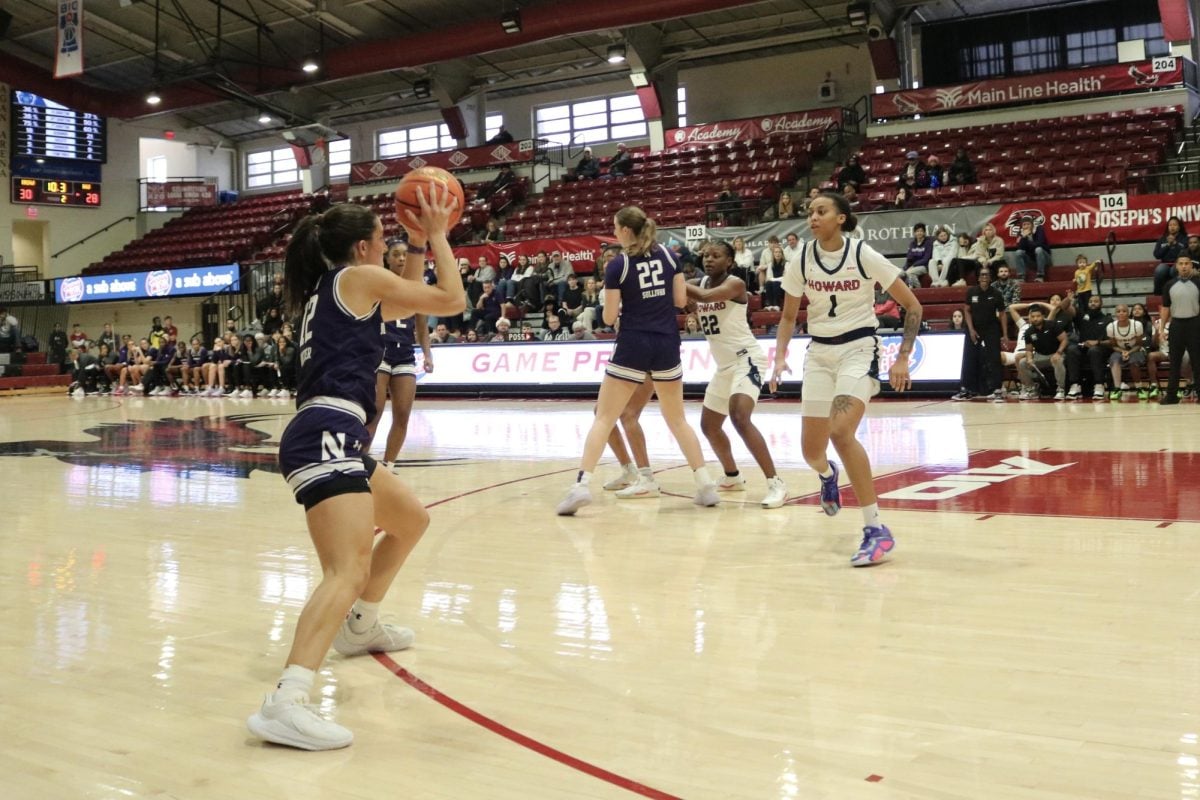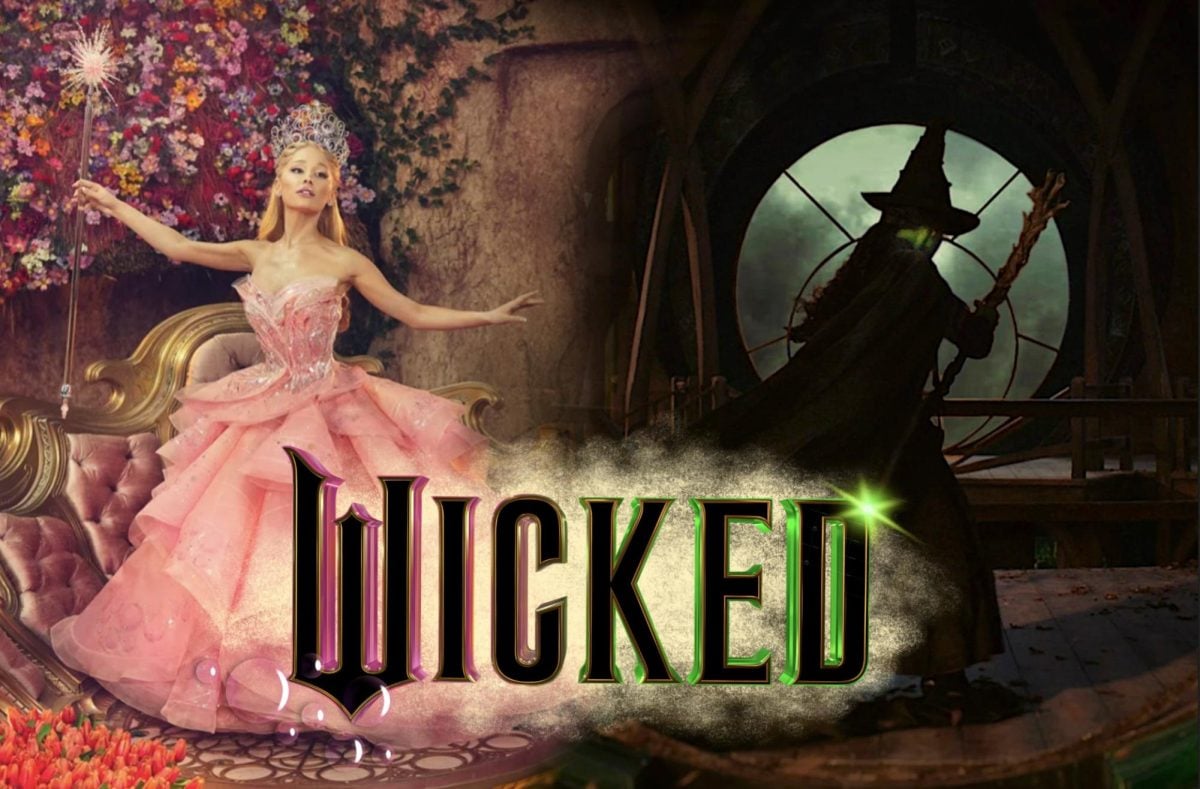I paid exactly $6.75 to see “Barbie” at the CineMagic theater in Okoboji, Iowa. The price wasn’t too much. But everything else was — too much, that is. The movie. Its plot. Barbie herself. All women in general (you know, as we’ve been told).
Director Greta Gerwig knew exactly what she was doing. She opens the movie with a feast (too much?) of visual and auditory delights: Lizzo singing, parades of vibrant fashions, dance sequences. In this dream world, everything is too much — too pink, too plastic, too dreamy, too perfect. That is to say, Barbie (ie: woman) is EVERYTHING — the president, the journalists, the construction workers, the astronauts, the chemists, the Supreme Court justices. It’s a Barbietopia! And it seems too good to be true.
Which is exactly right. And that’s when the great awakening occurs due to a fissure that opens up between Barbie’s world (created in the image and likeness of the dreams of generations of little girls and their mothers) and the real world with its “irrepressible thoughts of death,” cellulite, cat-calling construction workers and men who grope women’s backsides. Ken (along for the ride) sees that the real world is the place where he gets to shine — no longer a mere accessory (much like a necklace or pair of high-heeled shoes) in Barbie’s life.
It is when this fissure opens up between the two worlds that we get to see Gerwig deliver feminist thought via a firehose. Is it too much? Yes. Is it not enough? Also, yes. When Barbie meets Sasha (Ariana Greenblatt), the young girl she believes will fix this fissure, she is horrified to learn that Sasha doesn’t believe in Barbie. To Sasha, Barbie means impossible careers, impossible waistlines, impossible feet and, most importantly, impossible expectations. In a delightful twist, it’s Sasha’s mother, Gloria (America Ferrera), a Mattel employee, who takes up the cause to set Barbie’s Dreamhouse right. After all, for her, Barbie is the tether between the generations — the wistful longing for days gone by when she and Sasha played and dreamed together with Barbies in hand.
Gerwig does the mother and daughter relationship beautifully — the popularity of her films Lady Bird (2017) and Little Women (2019) is a testament to this fact. In Sasha and Gloria, Gerwig grapples with the intergenerational struggles of women everywhere — how their battle with the patriarchy, insidious as it is, has morphed and twisted over the years. Gerwig shines a light on the strength and bliss of female relationships in Barbie. The only problem is Barbie (the movie) is too small a vessel to hold it all — there is just too much ground to cover. As soon as one of Gerwig’s heart wrenching mother-daughter montages has wrenched a tear from your eye, she sucks it back in with a return to the comically terrifying Ken (Ryan Gosling) and his fur coat-clad interpretation of the patriarchy that he brings to Barbie Land, replete with horses and “brewskis.”
The problem is that Gerwig has the whole of the female experience to cover — not to mention our embattled relationship with capitalism (I’m looking at you, Mattel) — and a mere 1 hour and 54 minutes in which to do it. Can you blame her for bringing the audience here and there and everywhere throughout the whole of the movie? Gerwig, much like Barbie, has an impossible task. This movie is given the plight of all women — to be all things at once, while wearing high heels. She must make a movie that is funny, witty, biting, precocious, sweet, capable, engaging, nurturing, accommodating, beautiful and, most of all, palatable to a world engineered for men. And she did that.
But, in the end, “Barbie” is just too much… and never Kenough.
Email: [email protected]
Twitter: @TabithaParent12
Related Stories:
— Reel Thoughts: ‘Indiana Jones and the Dial of Destiny’ rebounds to end series on a high note
— Reel Thoughts: Disney’s live action remake of ‘The Little Mermaid’ makes a splash
— Reel Thoughts: ‘Sixteen Candles’ and ‘Home Alone’ showcase Evanston’s small-town charm


















